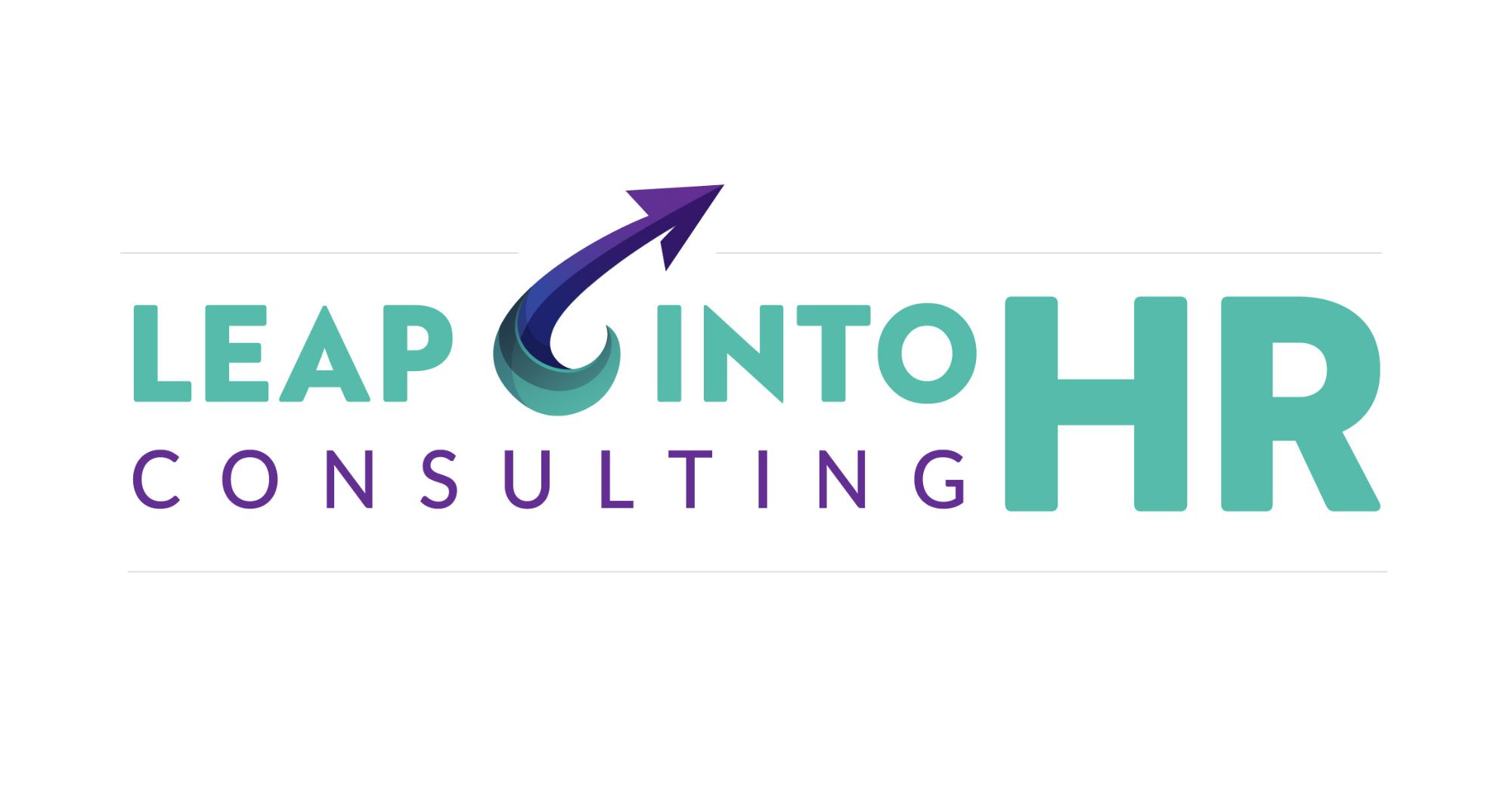If you’re an in-house HR professional secretly daydreaming about swapping endless meetings for freedom, flexibility, and a tiny bit more sunshine in your life... you’re not alone.
I was right where you are once, juggling employee relations, last-minute board papers, and wondering if there was ever a way to do what I loved without burning out.
Spoiler alert: there is.
And if you recognise these signs, you might be more ready to launch your HR consultancy than you think, even if your inner critic is still clinging to the corporate ID badge.
1. You’re Feeling Restless (and Maybe a Bit Grumpy)
You used to get excited about new projects, but now every new initiative feels like just another line on a never-ending to-do list.
If "Groundhog Day" has become your career soundtrack, it’s a sure sign that you’re craving something more, more impact, more control, and dare I say it, more joy.
Restlessness = readiness. Trust it.
2. You’re the Go-To Person (Even Outside Your Job Description)
Let's be honest: you're the one everyone turns to when they want real advice, not corporate jargon.
People ask you everything from "How do I handle this tricky employee?" to "What should I do with my career?" ,and you’re brilliant at it.
That’s not a coincidence. It’s your consultant muscle already flexing!
3. You’re Craving Flexibility (More Than Another Pay Rise)
It’s not just about money anymore.
You want time for school runs, dog walks, Greek island getaways (trust me, it's possible), or even just a peaceful lunch without a Teams notification ruining it.
Consulting gives you the freedom to design your days ,not just squeeze life around your job.
4. You Can See Gaps That Others Can’t
You notice the gaps in strategy, culture, and leadership that no one else does ,and you already know how to fix them.
In a consultancy, those insights aren’t just “nice ideas” in a SharePoint folder, they become your offer, your service, and your income.
5. The Idea of "Safe" Isn’t Enough Anymore
Yes, corporate life feels safe (pensions, bonuses, annual appraisals with no real outcomes 🙃).
But deep down, you know there’s no such thing as real security unless you're building it yourself.
Consulting might feel scary ,but it's the kind of scary that grows you.
6. You're Already Curious About How to Start
You're reading blogs like this (👋🻠hello!), Googling "how to launch an HR consultancy," and secretly stalking HR consultants on LinkedIn.
That curiosity isn’t random. It’s your future tapping you on the shoulder saying, "Oi, it’s time!"
7. You Believe You’ve Got More to Give
Maybe you can’t explain it fully yet, but there’s a fire in you that says you're meant for something bigger than org charts and HR metrics.
Consulting isn’t just about leaving something behind ,it’s about stepping into your true potential.
Final Thoughts:
Launching your consultancy isn’t about feeling “100% ready”, because no one ever does.
It’s about spotting the signs, choosing courage over comfort, and trusting that your skills are needed right now.
And if you want a hand-holding, cheerleading, slightly cheeky mentor in your corner ,well, that’s where Leap into Consulting® comes in.
Ready to plan your leap? Find out more about the Bootcamp here.
